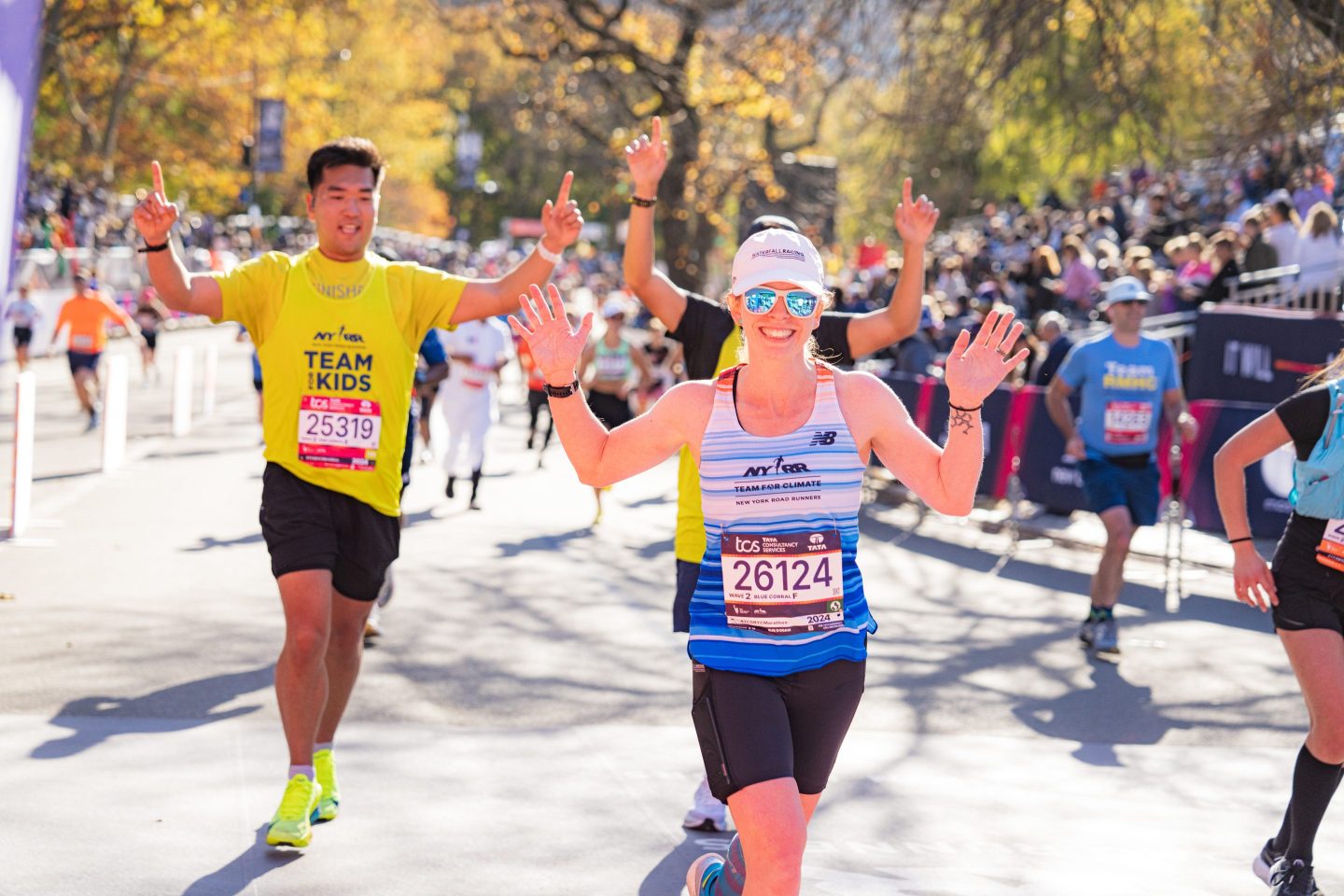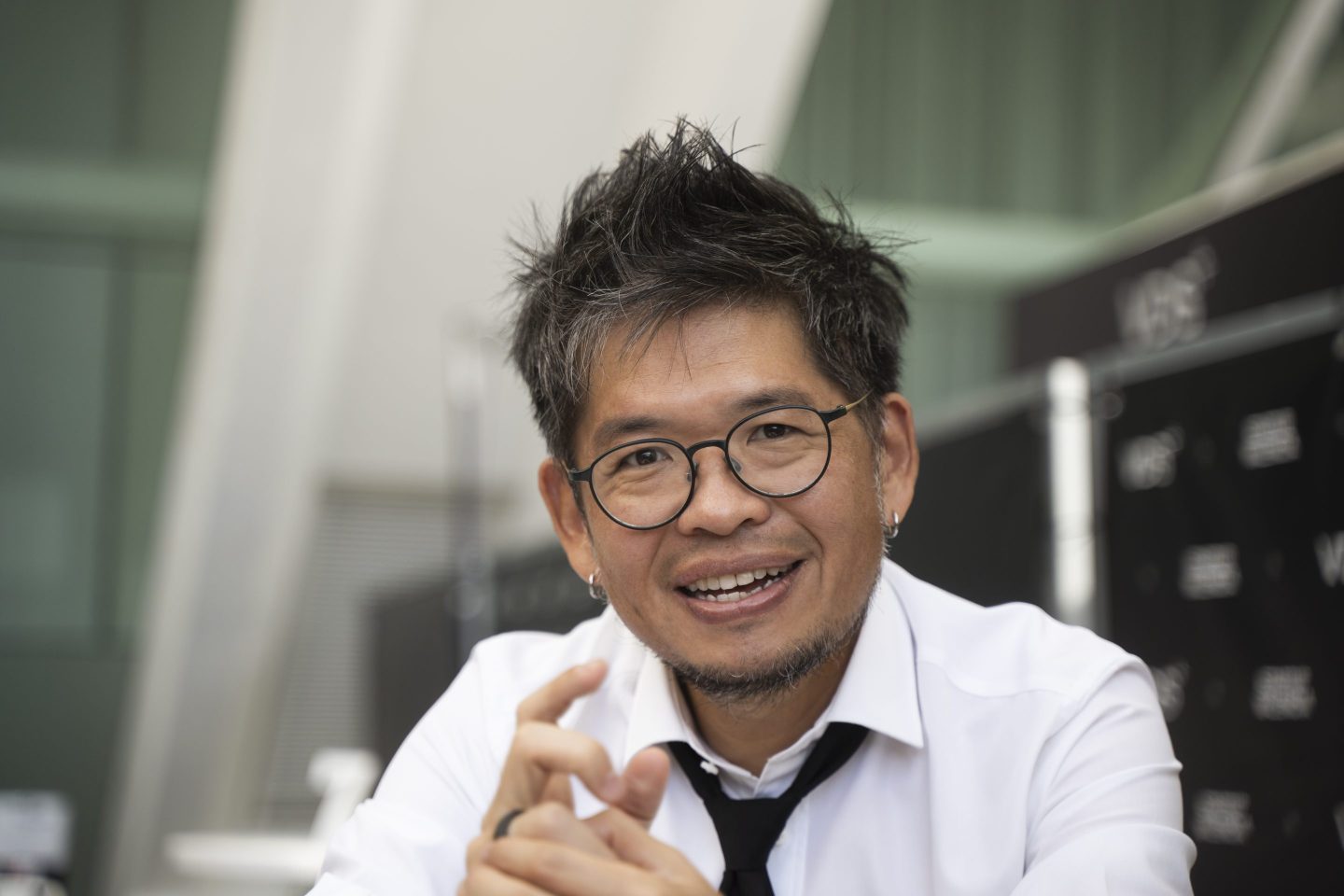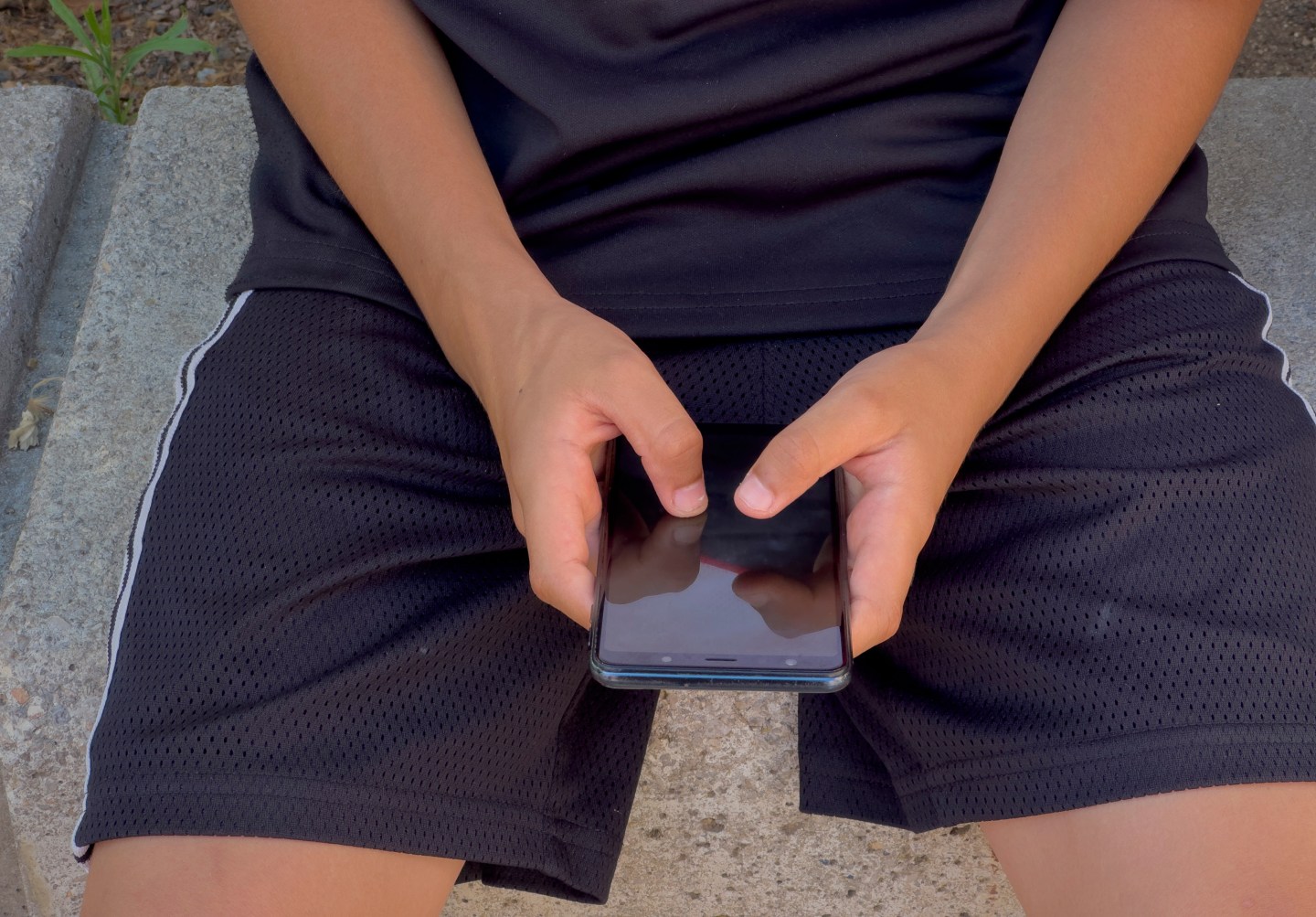New Yorkers will finally be able to tuck away their vaccine cards and masks on Monday—but that doesn’t mean they’re retired for good.
On March 7, almost two years to the day the pandemic began, New York City will no longer require proof of vaccines to eat inside or go to concerts, Mayor Eric Adams said during an announcement in Times Square on Friday.
Starting Monday, children 5 and older won’t need to cover their faces in school. For Adams, it’s a sign of economic revival. “This is clearly an Arnold Schwarzenegger moment: We’ll be back,” he said.
Still, Adams has no plan to revoke the citywide mandate requiring public and private sector employees to be fully vaccinated. That means restaurant employees must be inoculated against COVID-19, but their customers don’t have to be. Children over age 5 don’t have to wear masks, but younger ones who aren’t eligible for the vaccine do. And unvaccinated basketball star Kyrie Irving still won’t be able to play home games at the Barclays Center—even though unvaccinated Brooklyn Nets fans can watch them there.
Health experts say government officials have reached a point in the pandemic where they have to weigh public health policy as much as the science itself. COVID rates have dropped precipitously—the seven-day positivity rate is down to 1.8%—and nearly 87% of New York City adults have received two doses of the vaccine.
“There’s a reward for making this kind of incredible progress, and part of that is not having to constantly be checking people’s vaccine passes,” said Anna Bershteyn, assistant professor of population health at NYU Grossman School of Medicine. “We’re lucky to be in an in-between wave time right now. In general, now is the time to take a breath, get back to normal activities.”
Bershteyn said lifting the vaccine mandate for indoor activities is a reasonable step for Adams to take, and removes the inconvenience of digging out vaccine cards each time someone goes to a restaurant or the gym. It also creates more friction than the employer vaccine mandate, which requires minimal effort from city residents who would only have to prove their vaccination status at work once, she said.
But she warns New Yorkers that this isn’t necessarily the end of the pandemic era. “Its entirely possible we’ll get another wave and we’ll need to tolerate these inconveniences again to stay safe,” she said. “We just have to get used to the fact that these things are going to come on and off, just like a coat in cold weather.”
To that end, Health Commissioner Dave Chokshi announced the launch of a color-coded COVID risk alert system to “give New Yorkers a road map for how to mitigate their own risk today or in the future, in the event we see a surge or increase in transmission,” he said. “While this COVID-19 wave is ebbing, we can’t yet say the pandemic is ending. We still have more work to do.”
And if cases surge again? “We will pivot if we see a reason to change any policies,” Adams said. “We are going to be unafraid to make those adjustments and changes.”
Business reaction
New York’s lifting of restrictions follow similar moves by Boston, Washington, D.C., and Philadelphia, and are, in part, intended to help lure visitors to the city. “That’s why we’re here in Times Square,” Adams said. “To tell people from Canada, Arkansas, from New Zealand to come here. But don’t come here and just walk, spend some money.”
Some city restaurateurs are celebrating the end of the vaccine mandate. They found checking customers’ vaccine passes tedious, costly and sometimes dangerous, as staff were forced to question, and possibly confront unvaccinated customers.
“It feels like a waste of time, like bureaucracy to check vax cards at this point,” said Justin Lee, chef and owner of the Lower East Side restaurant Fat Choy. “It can slow down service, there’s only so many people at a door that can check vaccines,” he said. “When we think about Omicron, anyone who is asymptomatic can walk in with their card and still spread it everywhere.”
To other owners, asking for vaccination cards at the door put their customers at ease.
“My guests on Upper West Side want to know that they’re safe,” said Jeremy Wladis, CEO of the Restaurant Group including Good Enough to Eat. “I respect the thinking, but I think it’s premature.”
Andrew Carmellini, chef and partner of the NoHo Restaurant Group, whose restaurants include Lafayette and Locanda Verde, said dropping the mandate was “important psychologically” for the city to move forward but that most of his customers have embraced the vaccine requirements. “They’re happier to eat indoors because they feel safer,” he said.
Kathy Wylde, president of the Partnership for New York City, a business group comprised of the city’s largest companies, including JPMorgan Chase & Co. and Goldman Sachs Group, doubted whether the kind of broad mandates New Yorkers have lived under for years would ever return once they’re undone.
“I think that the time for government mandates is over, and we’re now talking about decisions that individual employers, business owners, institutions, schools and others—these are decisions that institutions and individuals can make on their own,” Wylde said.
But, Wylde said, some parts of life in New York might have changed forever. She remembered a time before the Sept. 11, 2001, terror attacks when no one had to show a government ID to enter an office building. That time is long gone.
“There are fundamental changes as a result of these experiences,” Wylde said. “But it’s going to become a cultural norm rather than a government mandate.”
Future outbreaks
Even health experts and lawmakers who approved of lifting the mandates warned a lull in cases doesn’t give a free pass for the city to move on from COVID altogether, and urged the Adams administration to continue putting resources into fighting COVID.
“My concern is that we have to continuously remain prepared for a resurgence of COVID-19,” said Jay Varma, an epidemiologist who advised former Mayor Bill de Blasio from April 2020 to December 2021. “Everything we’ve learned is that any predictions we’ve made about how it’s going to mutate are wrong.”
Varma approved of the Adams administration’s decision to at least keep the employer vaccine mandates in place, which helps ensure high rates of adult vaccination and prevents hospitalizations. He said he understands why the city dropped the vaccine requirements at restaurants as cases have subsided.
“We can’t make restaurants or theaters 100% safe,” Varma said. “The real question becomes, is this policy worth the trade-offs?”
But, Varma cautioned, things can change very quickly, and said it’s not clear whether New York City will be ready.
Likewise, New York City Comptroller Brad Lander and Public Advocate Jumaane Williams issued a joint letter this week asking the mayor and health commissioner Dave Chokshi to make clear the city’s plans for what to do if another variant of the virus should emerge in the future.
“While we cannot live our lives paralyzed by fear, it would be foolish and dangerous not to be prepared,” they said.
—With assistance from Alicia Diaz.
Never miss a story: Follow your favorite topics and authors to get a personalized email with the journalism that matters most to you.











